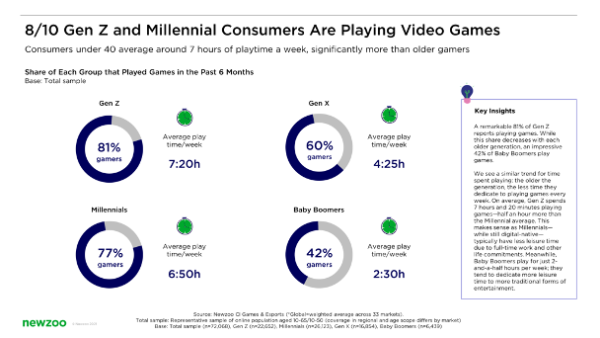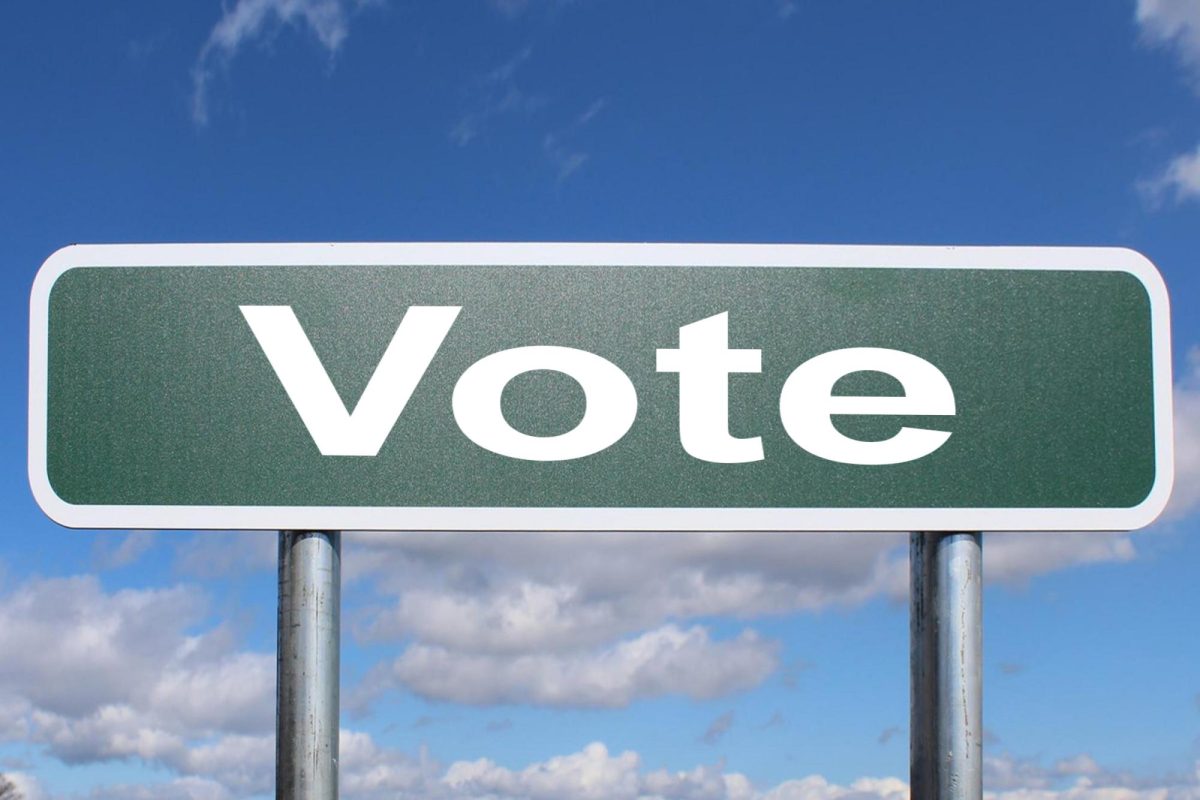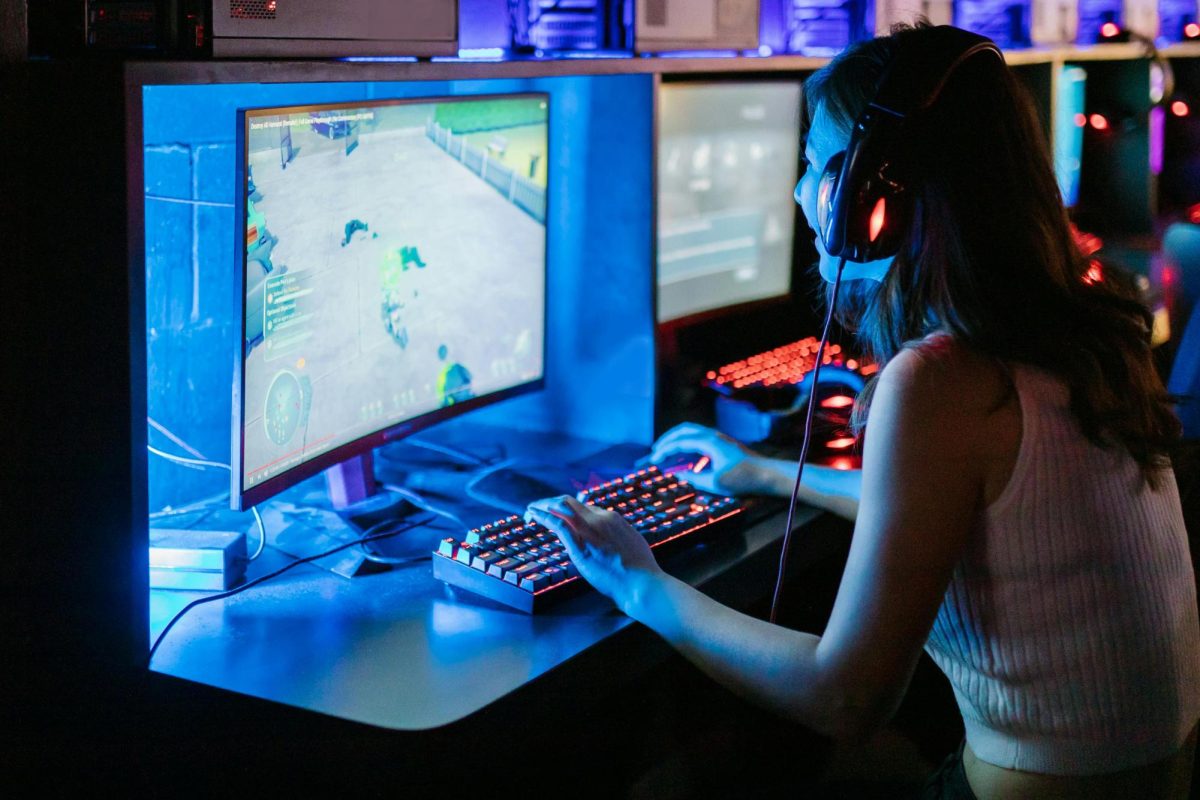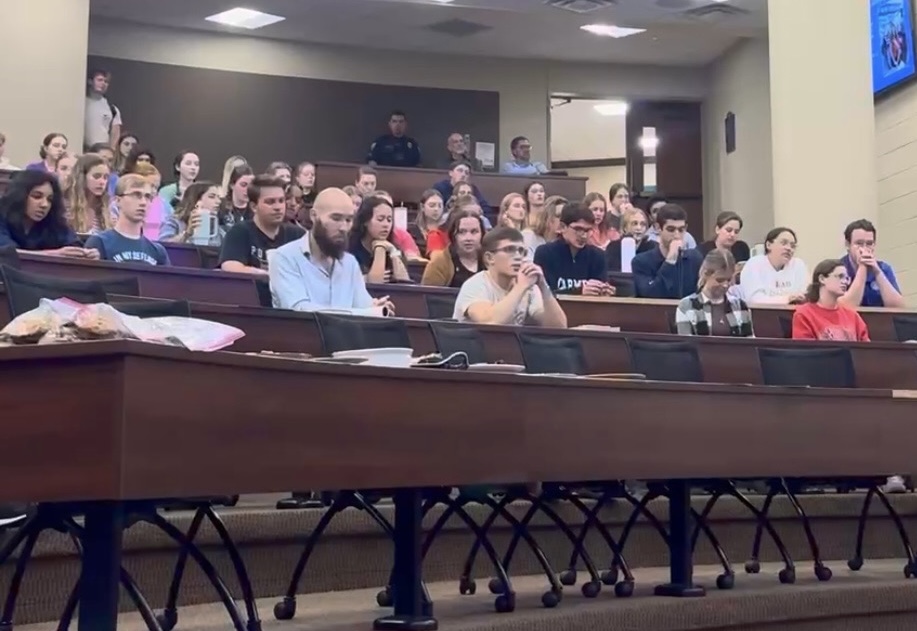There has been an awareness of poor mental health through the Gen Z generation. Doctors, specialists, experts, and researchers, have done research to try to determine why this is worse with the Gen Z generation. We will look at why gen-z struggles with mental health, the correlation between poor mental health and video games, and the negative effects of video games.
According to Mckinsey and Company, a global management consulting firm known for its prestige and high-profile clientele, Vivek Murthy, U.S. surgeon general, issued a health advisory in December of 2021 to bring light to the “youth mental health crisis” from the COVID-19 pandemic.
Mckinsey and Company, did a series of consumer surveys and interviews. They concluded that “One in four Gen Z respondents reported feeling more emotionally distressed (25 percent), almost double the levels reported by millennial and Gen X respondents (13 percent each), and more than triple the levels reported by baby boomer respondents (8 percent).”
We can see there is a clear spike in poor mental health in the Gen Z generation, partially due to the pandemic, the use of technology, and the food intake, but why and what else is causing this drop in positive mental health? Video game use spiked during the pandemic, and among Gen Z.
According to an article in Forbes, individuals of all ages turned to video games during the pandemic. “Our search data in the early months of lockdown showed a 200% increase in the number of people aged over 60 searching for games on our platform, joining the 93% of under-18s who admitted to gaming regularly.”
Newzoo, a global leader in games market data, research, and consulting, showed through a study by Jutta Jakob, head of Consumer Insights at Newzoo, Gen Z has the highest time per week playing video games, and around 81% of Gen Z’s play video games; 77% of Millennials play videos, 60% Gen X, and 42% Baby Boomers.

This spike in both mental health and video game usage has brought to the surface whether or not the amount of time Gen Z spends playing video games is the reason for the high levels of poor mental health.
A study done at Harvard, by Peter Grinspoon, a specialist at Massachusetts General Hospital, showed a correlation between obesity in teens and a big contribution was the high level of gaming and hours spent sitting not getting exercise as well as the food intake whether or not they are hungry.
The study showed gaming can also cause sleep deprivation, depression, aggression, and anxiety. There is also a concern that teens are desensitized to the violence in video games, and this will lead/has led to emotional problems and them committing acts of violence.
The spike in video games has not benefited the youth. We should care about the youth not only because they might be our child, grandchild, sibling, niece, or nephew but also because we should care about people’s well-being and the world’s future success.










































